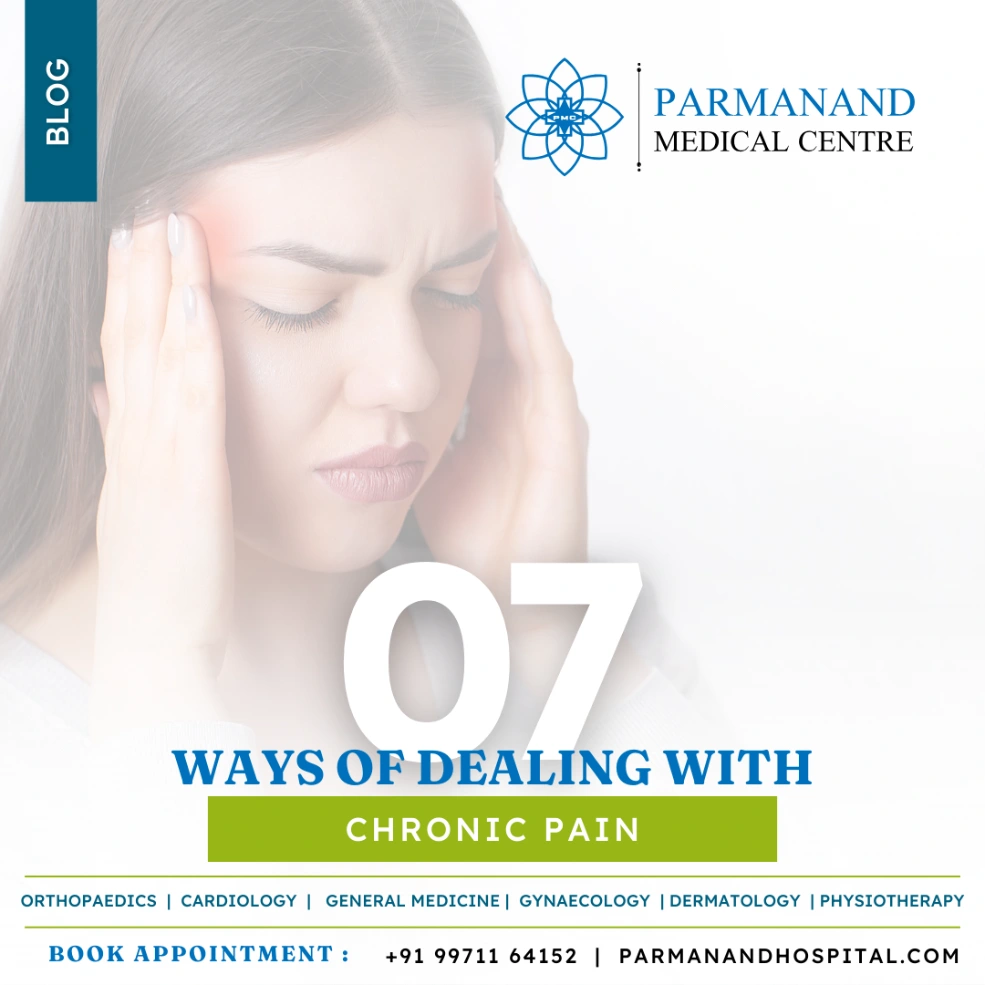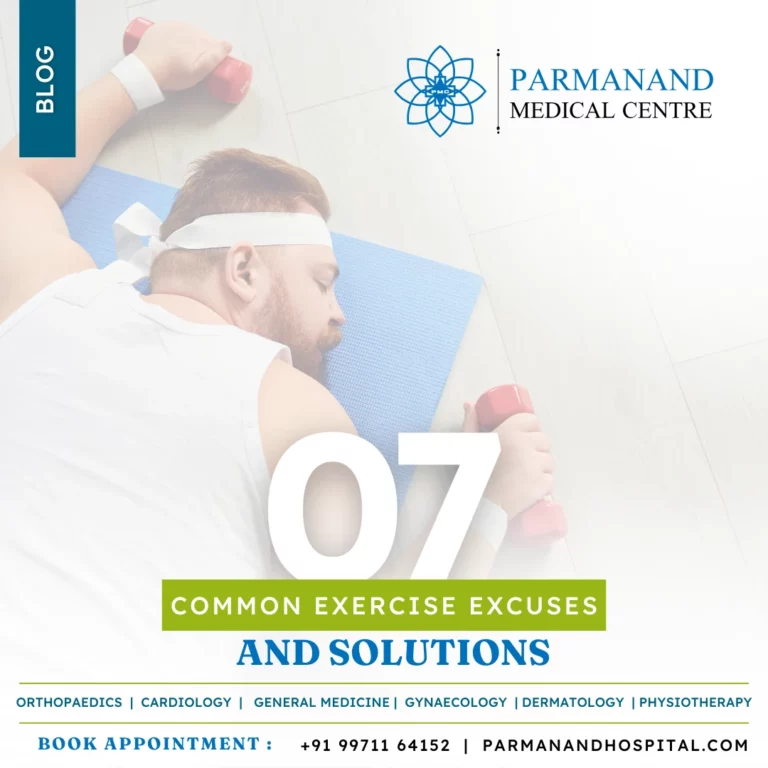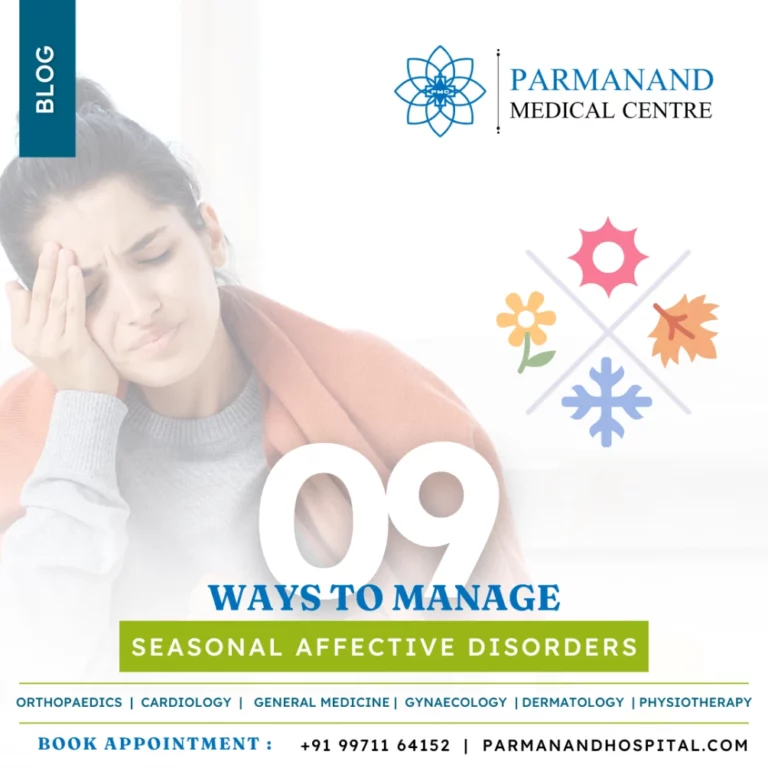Living with chronic pain is a reality for many people in India, stemming from various causes like injuries or illnesses. We will discuss some tips for dealing with chronic pain. When pain persists beyond three to six months, the focus shifts to treating the central nervous system, including the brain and spinal cord.

Understanding Pain Pathways
Chronic pain can be difficult to identify due to a process called central sensitization. Imagine a city with one highway that grows multiple routes as it expands. Similarly, pain develops and spreads, making it hard to pinpoint the exact source due to numerous pathways.
Factors that can worsen pain include:
- Stressful life events
- Mental health issues like depression and anxiety
- Social isolation
- Reduced ability to do enjoyable activities
- Overexertion or lack of activity
There is no diagnostic test to measure your pain level; it is a subjective experience. Your healthcare team may ask you to rate your pain on a scale of 0–10 to help understand and manage your symptoms.
07 Effective Tips for dealing with Chronic Pain
While there is no single cure for chronic pain, a combination of approaches can help manage it. Here are seven strategies that can help:
Tips for dealing with chronic pain – #1 Practice Breathing Exercises

Why It’s Important: Breathing exercises can calm the mind and body, reducing stress and pain levels.
What to Do:
- Inhale slowly through your nose, letting your lungs and belly expand.
- Exhale slowly through your mouth or nose.
- Practice this for a few minutes each day to relax your nervous system.
Tips for dealing with chronic pain – #2 Stay Active

Why It’s Important: Physical activity helps strengthen muscles, improve flexibility, and reduce pain.
What to Do:
- Work with a physical therapist to find the right exercises for you.
- Include gentle stretching in your routine, like yoga or tai chi, which are popular and accessible in India.
Tips for dealing with chronic pain- #3 Engage in Enjoyable Activities

Why It’s Important: Activities that bring joy can release endorphins, the body’s natural painkillers.
What to Do:
- Set aside time daily for activities that you enjoy or that help you relax, such as gardening, cooking, or listening to music.
Tips for dealing with chronic pain – #4 Practice Mindfulness

Why It’s Important: Mindfulness can help you focus on the present moment and reduce the perception of pain.
What to Do:
- Focus on the present moment without judgment.
- Start by paying attention to one sense, like hearing or vision.
Tips for dealing with chronic pain – #5 Use Moderation and Pacing

Why It’s Important: Balancing activities helps prevent overexertion and reduces pain flare-ups.
What to Do:
- Set realistic goals and start by doing one-third of what you think you can manage.
- For difficult tasks, set a timer to remind yourself to take breaks.
Tips for dealing with chronic pain – #6 Practice Good Sleep Habits

Why It’s Important: Quality sleep is essential for healing and managing pain.
What to Do:
- Go to bed and wake up at the same times every day.
- Use your bed only for sleep and intimacy to create a strong association between your bed and sleep.
Tips for dealing with chronic pain – #7 Stay Connected to Your Support System

Why It’s Important: Support from family and friends can provide emotional and practical help in managing pain.
What to Do:
- Stay connected with family and friends, and lean on your loved ones, especially during tough times with chronic pain.
- Engage in social activities that don’t exacerbate your pain.
Conclusion
Chronic pain is a complex condition requiring a multifaceted approach to manage effectively. By understanding the factors that contribute to pain and utilizing various coping strategies, individuals can improve their quality of life. In India, where support systems often involve extended family and close-knit communities, staying connected and seeking help from loved ones can play a crucial role in managing chronic pain. Always consult with healthcare professionals to create a comprehensive pain management plan tailored to your needs.
Led by the doctors of Sant Parmanand Hospital, Civil Lines, Delhi, our orthopedics department is the complete solution for your orthopedics-related problems.
- Arthroscopy & Sports Injury
- Trauma
- Joint Replacement
- Spine Disorders
- Joint Disorders
- Pediatric Orthopedics
- Geriatric Orthopedics
- Chronic Pain Management
We have an extensively trained faculty guided by Dr. Shekhar Shrivastava (MBBS | MS (ORTHOPEDICS) HOD ORTHO SANT PARMANAND HOSPITAL, CIVIL LINES). With 30+ years of experience, we are very well known for our shoulder, hip, knee, and other joint replacements. Our Robotic-Arm Assisted Total Knee Replacement (T.K.R.) is a solution that only we have in the whole of Delhi. Our Sant Parmanand Hospital’s MBBS | MS (ORTHOPEDICS) Doctors: Dr. B. Sen (Senior Consultant), and consultants – Dr. Ankit Varshney and Dr. Nikhil Valsangkar are Arthroscopic and Knee Surgery Specialists. Book your OPD with the doctors now, at Parmanand Medical Centre, Yamuna Vihar.
Parmanand Medical Centre, under the guidance of Dr. Shekhar Shrivastav – HOD Orthopedics of Sant Parmanand Hospital (Civil Lines, Delhi) specializes in Orthopedics and also offers its service in the departments of Cardiology, Gynecology, General Medicine, Dermatology, Physiotherapy & Diagnostic Tests.
If you have any inquiries regarding our physicians or services, please don’t hesitate to reach out to Parmanand Medical Centre. You can contact us by calling (+91) 997-116-4152 or by sending an email to contact@parmanandmedicalcentre.com. Additionally, you can click here to access our location on the map or request an appointment. We extend our best wishes to you and your family for a healthy and joyful time.
Connect with us on social media platforms for valuable health tips and general medical knowledge. Follow us on Instagram @parmanandhospital, like our page on Facebook @parmanandhospital, and join us on LinkedIn @parmanandhospital. Stay informed and inspired for a healthier life.



